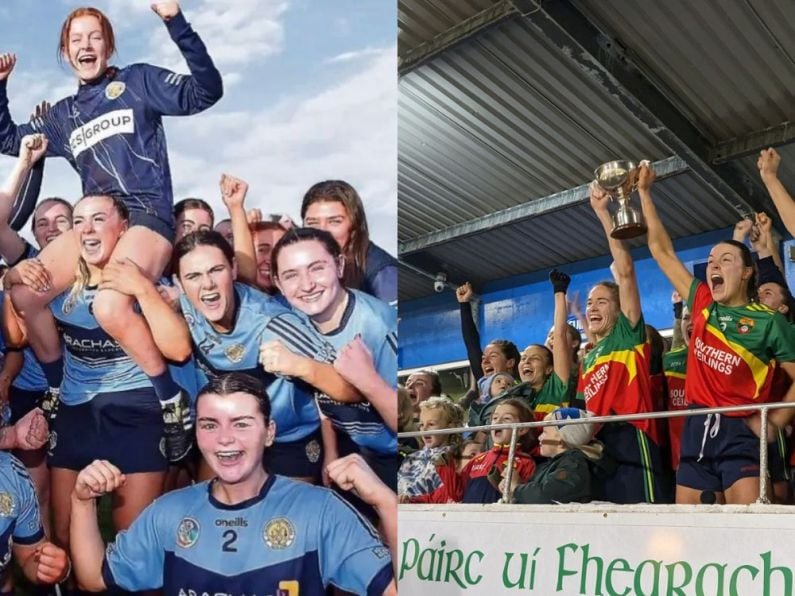Premier League footballers are taking part in a British research project that could revolutionise how sport diagnoses and treats concussions.
Led by Professor Tony Belli, researchers have spent the last two years gathering saliva and urine samples from English Premiership and Championship rugby union players to fine-tune a "breakthrough" in using bio-markers to spot concussions and work out when those affected can return to play.
Previously, these bio-markers could only be identified in lab tests on blood but Belli's team at the University of Birmingham and University Hospitals Birmingham NHS Foundation Trust have worked out how to find them in saliva, which should enable doctors to make more accurate and quick assessments at pitch-side.
Speaking to Press Association Sport, Professor Belli said: "The 'Birmingham Concussion Test' is a really big breakthrough and it has been developed in Britain.
"Sports around the world have been looking for a more reliable and objective assessment for concussion than the current balance and memory tests. They are just not very accurate.
"We can now provide that objective test with a relatively simple lab test - and that will help with the graduated return to play - but the long-term goal is to do this pitch-side for the initial assessment. I think we could do that within a year or two.
"The test itself is not expensive at all, it just costs a few quid, but to do this pitch-side we need to develop a smaller machine, which should be a similar size to the devices diabetics use for measuring glucose levels."
The new phase of the research, which involves Premier League team doctors collecting the samples from players with head injuries and from a control group of uninjured players, is being funded by the Drake Foundation, a not-for-profit organisation committed to improving how sport treats concussion injuries.
As Belli explained, the ambition is to roll out the Birmingham Concussion Test to sports around the world, at professional and grassroots level, but the research is also being followed by military and public health bosses on both sides of the Atlantic.
The Premier League's involvement in the research comes after several years of increasing scrutiny on the brain-trauma risks associated with football.
In 2017, the Football Association and Professional Footballers' Association commissioned a Glasgow-based research team to investigate whether former footballers are more likely to suffer from dementia later in life than the general public.
Both rugby codes and other contact sports, such as American football and ice hockey, have also been commissioning research projects, improving medical care and looking at their rule books to mitigate the risk of head injuries.






